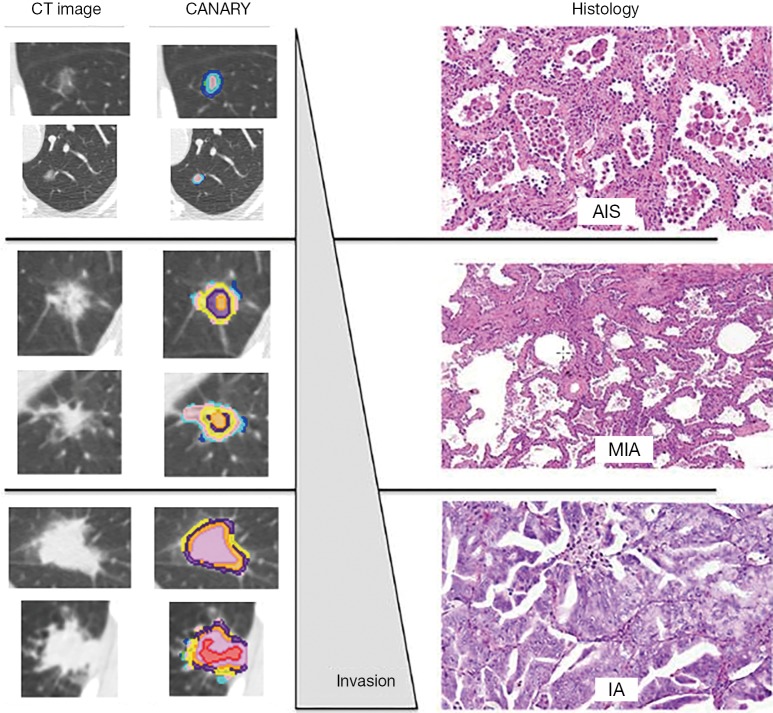-
Featured News
Augmented human intelligence is changing health care for the better, experts say

ROCHESTER, Minn. — Artificial intelligence (AI) is going to change health care, including the practice of radiology, profoundly. But rather than machines taking over, clinicians and researchers will use them to improve patient care.
“If somebody puts their head in the sand, and wakes up and pulls their head out five years later, the practice will be very different,” says Bradley Erickson, M.D., Ph.D., a Mayo Clinic diagnostic radiologist.
To help with this transitional time, Dr. Erickson and colleagues in the Radiological Society of North America (RSNA) and Nvidia Corp., a computer chip manufacturer and technology company, developed a course for radiologists interested in acquiring or developing the skills needed to navigate AI advancements. This course, called the “Deep Learning Institute,” will be held throughout the RSNA Scientific Assembly and Annual Meeting Nov. 25–30 in Chicago.

There are an introductory course and four others covering different aspects of deep learning — four 90-minute courses daily Nov. 25–29 and two Nov. 30. Participants will be expected to bring a laptop and write code.
“We will give them most of the code, but we have intentionally introduced some bugs to see if they can find them and if they really understand what’s going on,” Dr. Erickson says. “That is definitely a hands-on course, and the intent is to give them enough experience with deep learning that they can go home and have essentially a good starter set where they can start to do some of this work at home.”
The advances in AI and machine learning are not unlike the emergence of other new technologies that were predicted to be “industry killers,” Dr. Erickson says. He adds that once people started applying the technologies to their work, they realized they were complementary rather than a replacement.
“I think ultimately we still want a human with their hands on the medical ‘steering wheel,’ just like with self-driving cars,” Dr. Erickson says. “I think that this is why it would be unwise for a radiologist to say, ‘AI doesn’t matter.’ I think it will change what we do, but I think that if we remain engaged, it will actually make the practice of radiology a lot better and a lot more interesting.”

Brian Bartholmai, M.D., chair, Radiology Informatics Division, says the natural progression from advanced and cutting-edge to normal and no big deal is evolutionary, and the same will be true of augmented human intelligence in medicine.
“Mayo Clinic has a strong history of early clinical application of advanced technology that eventually is no longer considered cutting-edge. It’s just everyday technology now,” he says, citing the first clinical CT scanner in the U.S. in the early 1970s, as well as a digital radiology information system and third-party DICOM, or Digital Imaging and Communications in Medicine, image archive in the early 1990s as examples.
###
About Mayo Clinic
Mayo Clinic is a nonprofit organization committed to clinical practice, education and research, providing expert, comprehensive care to everyone who needs healing. Learn more about Mayo Clinic. Visit the Mayo Clinic News Network.
Media contact:
- Ethan Grove, Mayo Clinic Public Affairs, 507-284-5005, newsbureau@mayo.edu







